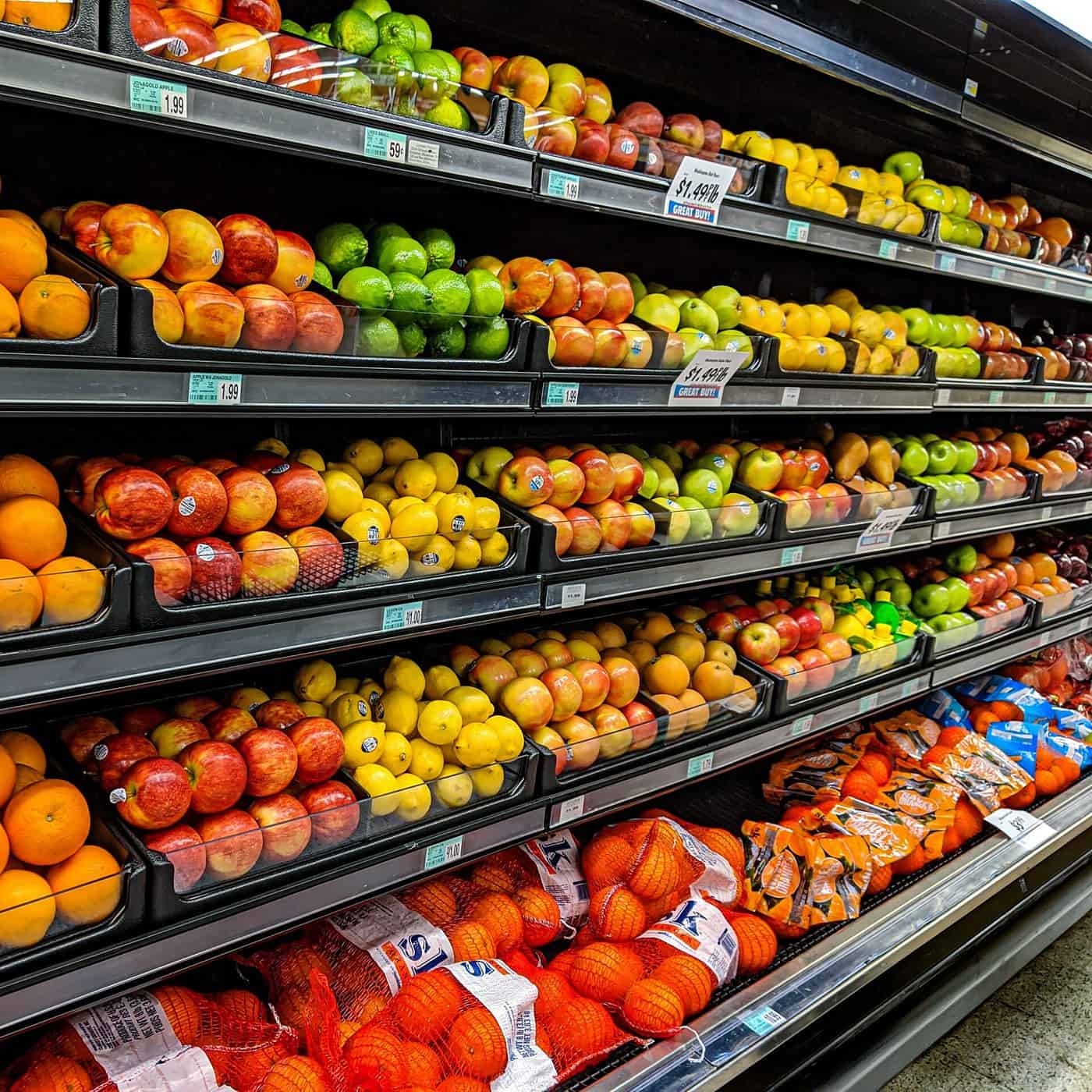


What if Idaho did groceries the same way it does public education? Each community would have a local grocery district, and families would be assigned their local grocery stores. Everyone would get the same groceries in the same amounts. Many would mistakenly think the food is free because there would be no charge at the public grocery store. All groceries would be funded by local property taxes, state income taxes, lottery money, and even the federal government. Sound good?
Let’s go deeper. Families would have only a small variety of choices. Grocery stores would constantly ask for more funding to maintain even the limited food offerings. They would complain about the lack of money for buildings and grocer pay. They would form public grocers’ unions to protect the workers from local grocery boards who — they say — care nothing about groceries and grocers but only about cutting worker salaries.
Idaho would probably spend less on food than most other states, and that would be viewed as a lack of commitment to quality food. “We just don’t care about the consumers,” they’d say. Public grocery stores would include selections based on what’s best for interest groups and not what customers want. Perhaps the stores would offer infusions of “woke” cereals and, because it’s Idaho, probably too many potato products. Very few people would be happy with their local food choices or quality. Nutrition and satisfaction would suffer.
The solution? Big government would team with big food and demand “greater investments in quality public grocery stores.” If families demanded better choices, the lame answer would be, “If you don’t like your local grocery stores, you can always choose private ones.”
Private food stores like Albertsons would be around, but anyone wishing to shop there would have to pay out of pocket for the groceries — in addition to paying for public groceries they prefer not to consume. That would be called “choice.”
Some people would rightly recognize the “public” part of the food process is the problem. Public grocery stores just aren’t incentivized to increase quality and cut costs. In fact, they are disincentivized because more spending is always deemed superior to less. Despite underperforming, the public grocery stores would be praised for their caring and great work in the face of perpetual “underfunding.”
Public grocery store critics would be accused of hating food, hating families, or hating public grocery stores. Dissenters would be roundly thrashed because, after all: “Didn’t we all grow up benefitting from public grocery stores?” “You didn’t die, you’re nourished; something must be working right in the public grocery stores.” “Going back to a ‘fend-for-yourself system’ would endanger those least capable of affording groceries.”
Someone might suggest another option. Why not give competition a try? How about food savings accounts, where the money set aside for each family’s grocery budget follows individuals and families to wherever they shop rather than trapping them within a broken food system? Families could spend their public food dollars how they wish — either at public grocery stores or Albertsons or Joe’s Market.
This way, families who are dissatisfied with their residentially assigned public grocery store could find the best options for their needs without having to pay double. It might even make the public grocery stores try harder to make sure their consumers do not take all their dollars somewhere else. Given the dismal state of public grocery stores and how food matters so much to families, grocery freedom would certainly be worth a try.
The good news is, we can all see what grocery freedom looks like. The next time you stroll through your grocery store, take a moment to marvel at the choices you enjoy from a competitive food market. Then imagine what it would be like if grocery stores were run like public schools. Would you expect the same variety, quality, and mostly pleasant service? Would you want different choices? Why should education be treated as less important than groceries?
The American Federation for Children reports, “According to a new poll from RealClear Opinion Research, which surveyed more than 2,000 registered voters, the concept of school choice enjoys overwhelming support (72% vs. 18% opposed).”
“These poll numbers are stunning. The past two years have exposed to the world what many in the parental choice movement have known for decades: no single educational environment is right for every child. As the battle over educational freedom continues, party affiliation is secondary to ensuring all families are empowered to choose the best educational setting for their children. We urge policymakers, regardless of party, to act to expand options and opportunity to every child in America and eradicate barriers that prevent families from choosing a learning environment where their children can thrive. (Tommy Schultz, CEO of AFC)
Quality education for our kids is as vital as nutrition. We must rethink education. Education freedom is poised to produce unimaginable innovations and improvements in education. Just as our competitive grocery stores provide ever-increasing quality and variety while helping families and grocers alike, education freedom will help children, families, and teachers. Education freedom is essential for a free and prosperous people.
The Idaho Legislature could improve education for students by passing comprehensive education freedom legislation this year. Other states passing education freedom programs (Arizona, West Virginia, etc.) have seen greater-than-expected demand from parents wanting to find the best education choices for their children. Idaho parents and children deserve the maximum freedom in their education options.
Ronald M. Nate, senior policy fellow at the Idaho Freedom Foundation, is an economics professor at BYU-Idaho, holds a Ph.D. in economics from the University of Connecticut, and is a former state representative for Idaho Legislative District 34.
Ph. 208-403-3609

